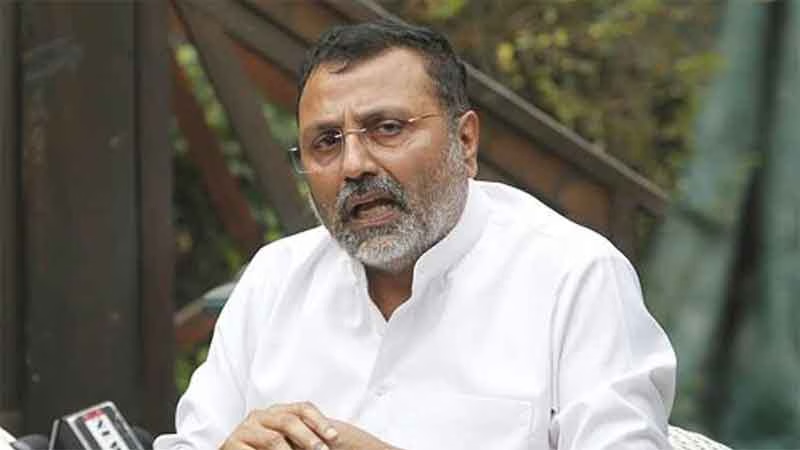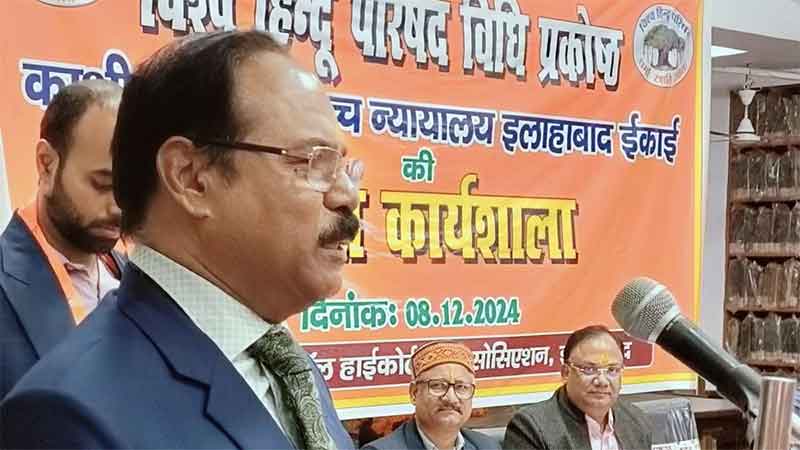
As nations around the world gear up for elections, a troubling trend emerges the proliferation of hate speech in political discourse. From incendiary rhetoric targeting marginalized communities to divisive narratives aimed at polarizing voters, hate speech has become a pervasive feature of electoral campaigns worldwide. This article examines the rising tide of hate speech in election campaigns, focusing on India’s 2024 Lok Sabha elections and highlighting examples from other countries. Additionally, it explores the legal frameworks under Indian and international law aimed at combating hate speech.
Unveiling the Escalation of Hate Speech
The election campaign in India has witnessed a troubling escalation in hate speech, with political leaders resorting to divisive rhetoric to polarize voters and consolidate their support base. Both the opposition parties and the sitting government have been culpable of indulging in inflammatory language, targeting religious and ethnic minorities, as well as dissenting voices.
From communal slurs to derogatory remarks, hate speech has become a prevalent tool in the political playbook, employed to sow seeds of division and discord among the electorate. Such rhetoric not only undermines the principles of democratic discourse but also threatens to exacerbate existing societal tensions and deepen communal fissures.
Hate Speech in Other Countries
United States
In the United States, hate speech has played a prominent role in recent election campaigns, particularly during the 2020 presidential election. Candidates and their supporters engaged in inflammatory rhetoric targeting immigrants, racial minorities, and political opponents. The normalization of hate speech contributed to a toxic political atmosphere, fueling polarization and eroding trust in democratic institutions.
Brazil
Brazil’s elections have also been marred by the use of hate speech, notably during the 2018 presidential election. Candidates resorted to vitriolic attacks against LGBTQ+ individuals, indigenous communities, and political adversaries. The spread of fake news and disinformation further exacerbated societal divisions, creating a climate of fear and intolerance.
Myanmar
In Myanmar, hate speech has played a devastating role in fueling ethnic and religious violence, particularly against the Rohingya minority. During the country’s electoral processes, hate speech has been used to marginalize and demonize minority groups, exacerbating intercommunal tensions and undermining efforts towards peace and reconciliation.
The Role of Political Actors in Fanning the Flames
Opposition parties have not been immune to the allure of hate speech, often resorting to divisive rhetoric to discredit the ruling government and galvanize their supporters. In their pursuit of electoral victory, some political leaders have exploited communal fault lines, resorting to dog-whistle politics and scapegoating minority communities. Conversely, the sitting government bears a significant responsibility in upholding civility and fostering an environment of tolerance during the election campaign. However, the government’s track record in curbing hate speech has been lacklustre, with some leaders turning a blind eye to vitriolic statements made by their party members.
Legal Analysis under Indian Law
Under Indian law, hate speech is addressed through various legal provisions aimed at curbing incitement to violence, discrimination, and hostility based on religion, race, caste, or community. The Indian Penal Code (IPC) prohibits hate speech under sections such as 153A (promoting enmity between different groups) and 295A (outraging religious feelings). Additionally, the Representation of the People Act, of 1951, imposes restrictions on election campaigning that incites communal or sectarian sentiments.
However, the enforcement of these laws often faces challenges, including political interference, inadequate investigation, and delays in legal proceedings. Moreover, the interpretation and application of hate speech laws must strike a delicate balance between protecting free speech and preventing harm to individuals and communities.
International Legal Perspectives
From an international standpoint, hate speech is addressed under various human rights instruments, including the International Covenant on Civil and Political Rights (ICCPR) and the International Convention on the Elimination of All Forms of Racial Discrimination (ICERD). These instruments emphasize the right to freedom of expression, subject to limitations to prevent incitement to discrimination, hostility, or violence based on race, religion, or other protected characteristics. India as a signatory to these conventions, is obligated to uphold the principles outlined therein and take measures to combat hate speech effectively. However, the implementation of international standards may face challenges due to divergent interpretations, cultural nuances, and political considerations.
Impact on India’s Lok Sabha Elections
The proliferation of hate speech during India’s election campaigns has far-reaching implications for the integrity and inclusivity of the democratic process. Hate speech not only fosters division and animosity but also undermines public trust in electoral institutions and erodes the foundation of democracy.
Moreover, hate speech can influence voter behaviour, polarizing communities along religious, ethnic, or caste lines and shaping electoral outcomes. In a diverse and pluralistic society like India, the consequences of hate speech on the Lok Sabha elections cannot be overstated, as it threatens to deepen societal fractures and impede the nation’s progress towards unity and cohesion.
Navigating Towards a Path of Healing and Reconciliation
In the wake of a contentious election campaign marked by rising hate speech, India stands at a crossroads. To safeguard the integrity of its democratic institutions and foster social cohesion, concerted efforts are needed to combat hate speech and promote inclusivity.
Political leaders must prioritize dialogue and reconciliation over divisiveness and polarization. They must refrain from using hate speech as a political tool and instead work towards building bridges across communities. Civil society organizations, media outlets, and citizens alike have a crucial role to play in promoting tolerance and fostering a culture of mutual respect and understanding.
Subscribe to Our Newsletter
Get the latest CounterCurrents updates delivered straight to your inbox.
Conclusion: Towards a More Inclusive Democracy
As nations worldwide grapple with the insidious challenge of hate speech in electoral campaigns, it is incumbent upon all stakeholders to address this issue as a matter of utmost urgency. Political leaders, electoral authorities, civil society organizations, and citizens must unite in a collective endeavour to cultivate a culture of tolerance, respect, and inclusivity within the electoral process.
The imperative to take proactive measures to combat hate speech cannot be overstated. Its corrosive effects undermine the very essence of democracy and pose a threat to societal cohesion. Through the promotion of constructive dialogue, the encouragement of mutual understanding, and the unequivocal condemnation of divisive rhetoric, stakeholders can collaboratively mitigate the impact of hate speech and uphold the sanctity of democratic principles.
In navigating the complexities of electoral politics, prioritizing the eradication of hate speech is not merely an aspiration but a fundamental necessity. By doing so, we reaffirm our unwavering commitment to building a society that celebrates diversity and embraces unity. Only through concerted and collaborative action can we ensure that elections serve as a beacon of democratic ideals, reflecting the values of tolerance, respect, and inclusivity that lie at the heart of a thriving democracy.
Sumit Kr. Gupta, Advocate, Delhi High Court















































